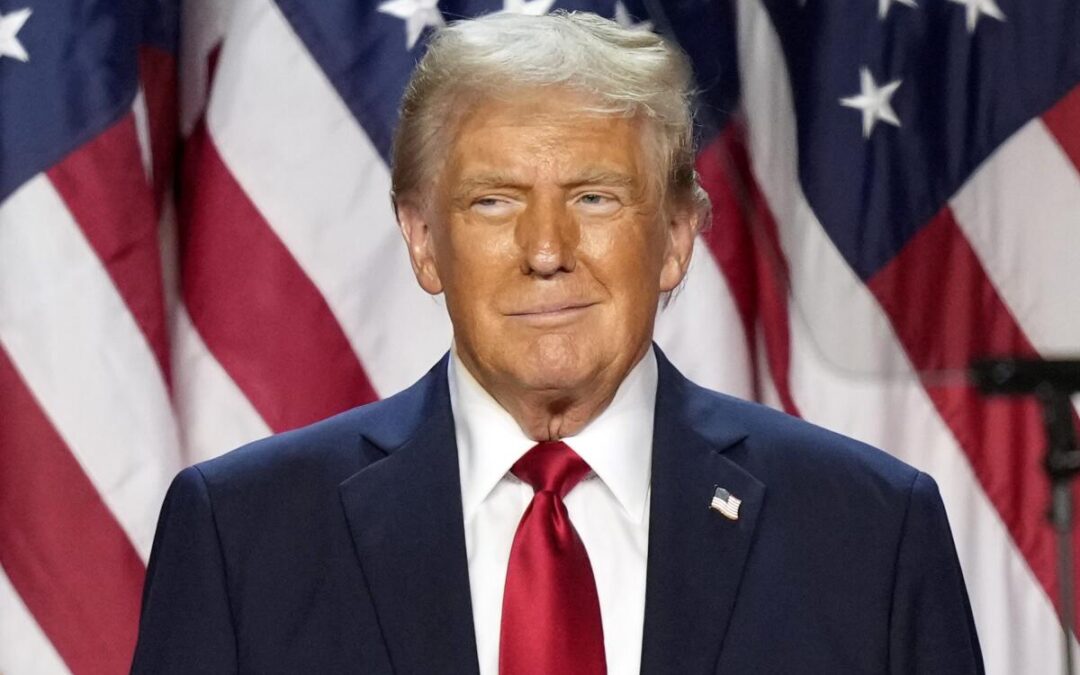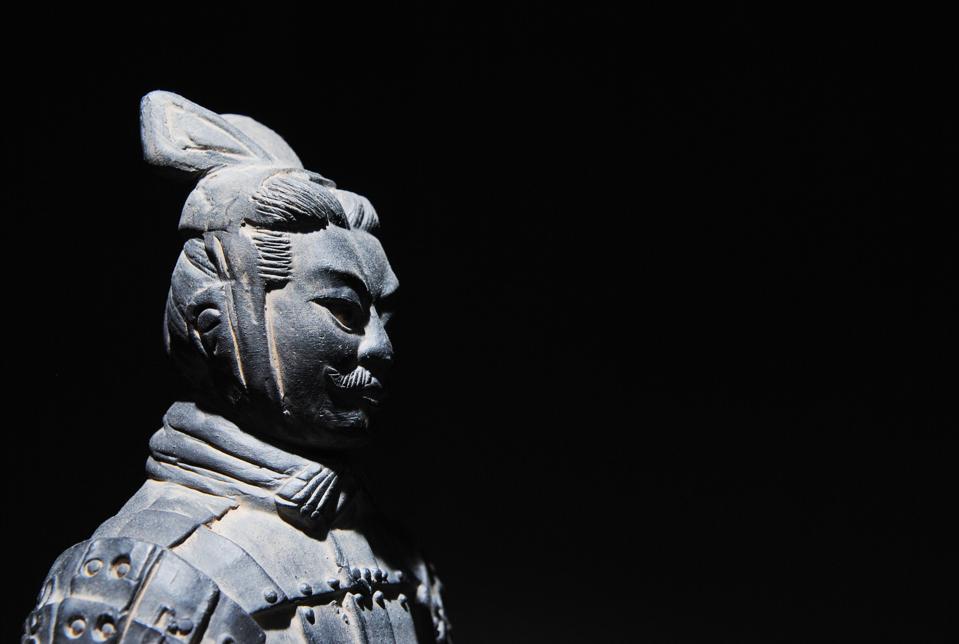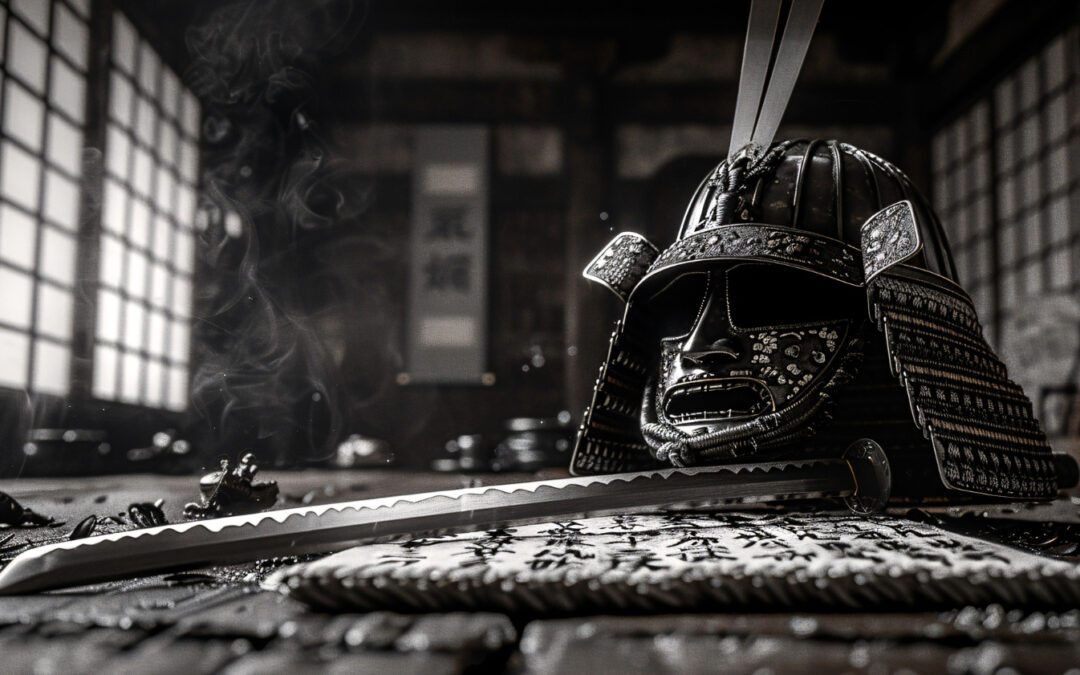The Jamaica Letter:
On September 6, 1815, while Europe celebrated Napoleon’s defeat at Waterloo, a thin, feverish man was scribbling a letter in a rented room in Kingston, Jamaica. Simón Bolívar, exiled and hounded by the failure of his Second Republic, was writing not to a general or a king, but to the editor of a local newspaper. The Jamaica Letter, more than a manifesto, was an act of visionary diplomacy: an attempt to turn military defeat into a propaganda victory, to transform a fugitive into a global statesman. This document encapsulates Bolívar’s diplomatic genius: the ability to navigate between revolutionary idealism and the coldest geopolitical calculation.
The Liberator’s diplomatic genius lay in his ability to ride seemingly irreconcilable contradictions. While his proclamations ignited hearts with visions of continental freedom, his secret negotiations demonstrated a Machiavellian coldness. In 1820, the same man who promised “perpetual union” to the crowds was instructing his envoys in London: “Offer the crown of Mexico to any British prince who guarantees us protection from Spain.” This duality was not hypocrisy, but the very essence of his statecraft—the profound understanding that ideals need anchors in the rawest reality.
His letters were battlegrounds where invisible wars were waged. While writing to General Santander about “the glory of Colombia,” he was simultaneously drafting encrypted notes preparing Páez’s dismissal. While discussing utopian constitutions with European intellectuals, he was privately negotiating with slave traders in Caracas. Bolívar understood, before anyone else, that in Latin America, foreign and domestic policy were two sides of the same bleeding coin.
The Four Pillars of Bolivarian Diplomacy:
First Pillar: Idealism as a Strategic Weapon:
Bolívar understood before anyone else that revolutions need myths more than bullets. His proclamations were not mere speeches, but performative acts of nation-building; that’s why, in the Jamaica Letter, he predicted continental unity decades before it was viable, forging an imaginary political horizon. For example, when he named Colombia “The Great” in 1819 (including Venezuela, Ecuador, and New Granada), he created a legal reality before controlling the territory. His letters to European intellectuals (Humboldt, Bentham) sought to legitimize the cause before enlightened public opinion. But behind this idealism lay precise calculation: as he wrote to General Santander in 1825, “Dreams unite, realities divide.”
Second Pillar: The Realpolitik of the Revolutionary:
Bolívar simultaneously negotiated with European monarchies. He offered American thrones to British princes in exchange for recognition. With Creole slaveholders, he promised to maintain slavery where convenient (Venezuela in 1816) and abolish it where advantageous (Peru in 1824). He forged alliances with rival caudillos—for example, making pacts with Páez while secretly preparing his downfall.
His guiding principle was pragmatism: “I have plowed the sea,” he confessed, acknowledging that politics required navigating contradictions.
Third Pillar: The Theater of Negotiation:
The Liberator turned every encounter into a stage: in Guayaquil (in 1822), he received José de San Martín in full French dress uniform, while the Argentine wore a simple blue outfit—establishing hierarchy without a word. At the Panama Congress of 1826, he designed protocols in which delegates entered in the order of their countries’ liberation, transforming history into a legitimizing rite. In Bolivia (in 1825), he drafted a utopian constitution knowing it would never be applied, but that it would serve as an ideological beacon.
Fourth Pillar: Diplomacy of Urgency:
In 1828, facing the imminent French invasion of Colombia, Bolívar sent Sucre not with troops, but with precise instructions:
• Bribe the Parisian press to shape public opinion.
• Threaten to burn the French Antilles if they landed.
• Seduce English bankers to pressure Louis XVIII.
Ultimately, France withdrew without firing a shot.
The Tact of a Pragmatic Revolutionary:
While his public speeches burned with radical rhetoric, his secret instructions to envoys revealed a cold and calculating mind—reflecting not only his true thinking but the exercise of politics—often desperate—and what people truly had to interpret. He played on multiple “boards” simultaneously, which required great effort and, in many cases, contradictions that today, without a nuanced reading of the situation, seem difficult to interpret. Examples abound:
To England: “Speak of open markets, not liberty. The British eyes light up at commerce, not our ideals.”
To Venezuelan slaveholders: “Tell them their property is safe… for now.”
To rebellious generals: “Promise them whatever is necessary. Later, history will judge us.”
Other examples arise from highly complex factual situations: in 1820, when the revolution hung by a thread, Bolívar negotiated simultaneously:
– With the Spanish pacifier Pablo Morillo, signing an armistice that both knew was temporary.
– With European mercenaries, offering them land in exchange for their services.
– With leaders of pardos and enslaved people, promising freedom in exchange for loyalty.
It was the art of holding multiple truths without letting them contradict… too much.
Some Techniques Used by Bolívar:
The Art of Calculated Conversation:
Bolívar mastered what the ancient Venetian courtiers called sprezzatura: the art of making the meticulously planned seem casual. In his gatherings:
• He would drop “confidential information” that was actually bait to probe loyalties
• He observed how his guests held their glasses (trembling hands betrayed potential traitors)
• He abruptly changed topics to disorient spies he knew were listening
• General Daniel O’Leary recalled how, during a dinner in Bogotá, Bolívar faked a coughing fit to interrupt the British ambassador just as he was about to reveal a key position of his government
The Hidden Language of Decorations:
The Liberator transformed military decorations into a sophisticated system of political messaging:
– The Order of the Liberators with rubies meant “indispensable ally”
– The same order with emeralds indicated “useful for now”
– Medals sent without gemstones were an elegant way of saying, “Your betrayal doesn’t surprise me”
When General Páez received his third decoration missing diamonds, he understood Bolívar’s patience was wearing thin.
The Letters That Never Arrived:
The archives in Caracas hold evidence of a unique practice: Bolívar often wrote two versions of each important letter:
– The official one, sent to the recipient
– The true one, kept for history
In 1826, while writing to the President of Peru about “eternal friendship,” he simultaneously drafted a secret note to Sucre: “Prepare the troops, this man only understands the language of cannons.”
The Coffee Ritual as a Diplomatic Weapon:
Bolivarian negotiations followed a precise choreography:
– First cup (bitter): To recall the sacrifices of war
– Second cup (sweetened): When real concessions began
– Third cup (served cold): A sign that patience had run out
The French envoy De Mosnier recorded in his memoirs how, after the third cold cup in 1828, he knew France would not obtain the trade privileges it sought.
Inner Contradictions: Between Republicanism and Authoritarianism:
Bolívar’s diplomatic evolution reflects his inner struggle:
– Between 1813–1819: he is the idealist who proclaims “war to the death” yet pardons royalists to win over moderates
– Between 1821–1826: he is the pragmatist who accepts slavery in Venezuela, but abolishes it in Peru to gain Afro-descendant soldiers
– Between 1828–1830: he is the realist who establishes a dictatorship while writing to Urdaneta: “I have sold my soul to the devil to save the homeland”
His secret correspondence with Manuela Sáenz reveals this tension: “Each treaty I sign takes a piece of my soul, but buys one more year of independence” (1827).
In his final years, consumed by tuberculosis and disillusionment, Bolívar continued dictating letters as Gran Colombia crumbled around him. “I have plowed the sea,” he bitterly confessed, acknowledging the limits of his work. Yet even in failure, his diplomatic legacy endured: the art of navigating between the ideal and the possible, between sword and pen, between dreams of unity and the realities of fragmentation that still define Latin America today.
Today, when Latin American leaders invoke his name to justify contradictory policies, when treaties are signed evoking his unionist dream, or when foreign ministries negotiate through crisis, the ghost of the Liberator seems to whisper his deepest truth: that in this continent of volcanoes and revolutions, true political mastery lies in knowing when to embody the idealism of the Jamaica Letter, and when to apply the ruthless pragmatism of the statesman who survived two fallen republics.
Today, beneath the dome where his remains lie, the echoes of this diplomacy of shadows persist. Every time a Venezuelan foreign minister hides a smile behind an ambiguous phrase, when a Colombian ambassador carefully chooses the color of his tie before the cameras, or when an Ecuadorian president lets a “strategic” omission slip into a speech, Bolívar’s genius for calculated ambiguity is reborn. For, as he whispered to his aide weeks before dying:
“In our America, truth is a luxury few statesmen can afford. The art lies in making each lie a step toward freedom.”






0 Comments